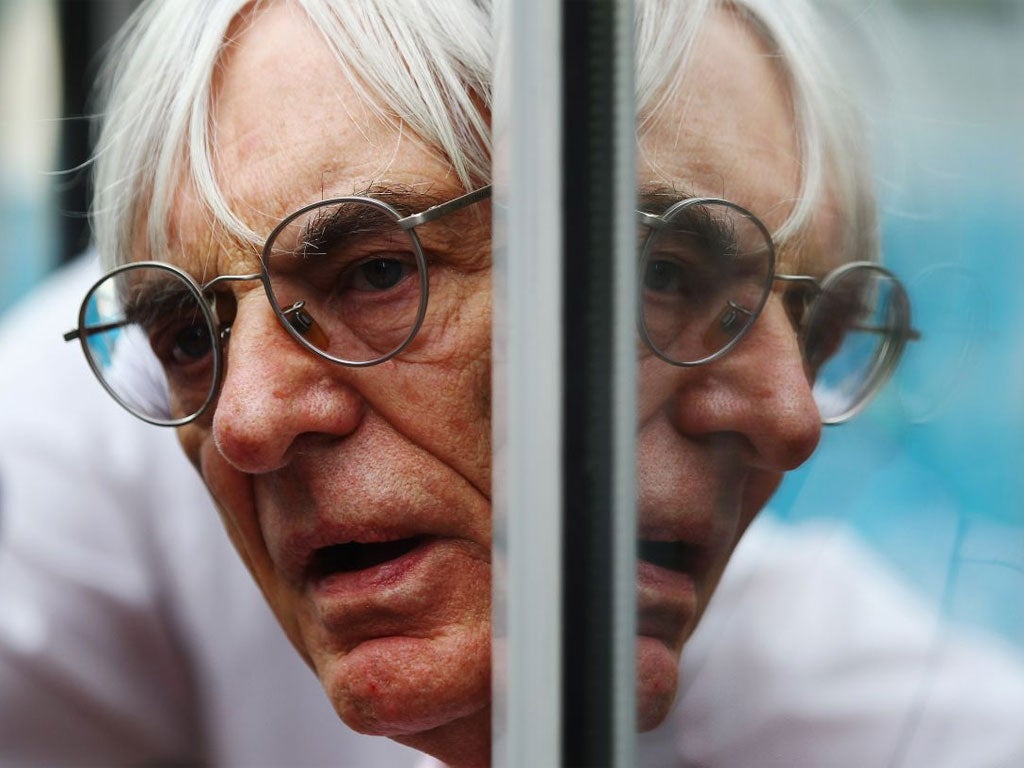
David Millar started out determined to cycle "clean", but became embroiled in his sport's notorious doping culture. It didn't last long, and he kept two empty syringes behind a box on his bookshelves as "a poignant souvenir".
The police found them, of course. In Racing Through the Dark (Orion, £18.99), written with Jeremy Whittle, British cycling's former golden boy recounts his loss of innocence and soured idealism. He still sounds angry, with the sport and with himself, but it makes for a compelling read.
As things stand his drug ban, though served, bars him from the British Olympic team, so he won't be riding next August in London, where the starring role will be reserved for Usain Bolt. In The Fastest Men on Earth: The Story of the Men's 100 Metres Olympic Champions (Andre Deutsch, £18.99), Neil Duncanson gives an immensely readable account of Bolt and his 24 predecessors. I don't know whether Bolt will emulate Jim Hines, who escaped from the athletes' village on the eve of the 1968 final for a night of conjugal relations with his wife, but it seemed to work for the American.
Bolt recently declared that he wants to go for four golds in London, the 100 metres, 200 metres and the two relays. They're all in How to Watch the Olympics (Profile, £10.99) by David Goldblatt and Johnny Acton, the perfect event-by-event primer for sport's biggest occasion.
Had he not taken £17 expenses as a teenage boxer, John Tarrant might have run in the Olympics, though definitely not in the 100 metres. In The Ghost Runner (Mainstream, £12.99), Bill Jones tells Tarrant's astonishing story. Banned from athletics, he gatecrashed races all over Britain and became a long-distance king, breaking the world 100 mile record.
It's a story of staggering grit and determination, qualities found in abundance in Rafa: My Story (Sphere, £17.99), written with John Carlin. It reveals aspects of Nadal wholly unexpected in such a formidable tennis champion – he can't sleep in the dark, doesn't like thunder and lightning, and won't swim unless he can see the bottom.
The harsh regime administered from a very early age by his uncle and coach Toni Nadal helped instil a ferocious mental discipline. Jonny Wilkinson suffered a similarly harsh childhood, though it was almost entirely of his own making. In Jonny: My Autobiography (Headline, £20, written with Owen Slot) the England rugby union hero is frank about his incredible obsessiveness. Great sportspeople are not quite like the rest of us, a fact that this book underlines.
As sporting memoirs go, Dave Robertson's 32 Programmes (Bantam, £12.99) is the equivalent of a nouveau roman, episodically tracing his life through the football programmes he kept, from a stash of 1,134, when he emigrated to the US. A brilliant idea nicely executed, it's certainly the funniest sport-related read this Christmas.
There aren't many laughs in Tom Bower's occasionally jaw-dropping No Angel: The Secret Life of Bernie Ecclestone (Faber, £18.99). It nails down an individual who, to his credit, gave the author a free hand, but who comes over as odious. His Formula One fiefdom, meanwhile, looks grubby rather than glamorous. The days of true motor-racing romance are long gone, but are superbly evoked in Michael Cannell's The Limit: Life and Death in Formula One's Most Dangerous Era (Atlantic, £17.99). Through the stories of the American driver Phil Hill and the German Count Wolfgang von Trips, he tells a story of heroism and carnage.
As the mesmeric Shane Warne returns to cricket, clearly reinvigorated by the love of a good woman, Twirlymen: The Unlikely History of Cricket's Greatest Spin Bowlers (Yellow Jersey, £14.99) comes along to tell you everything you need to know about sport's most mysterious art. My Independent colleague Amol Rajan has produced a beautifully written account of cricket's illusionists.
Join our commenting forum
Join thought-provoking conversations, follow other Independent readers and see their replies
0Comments